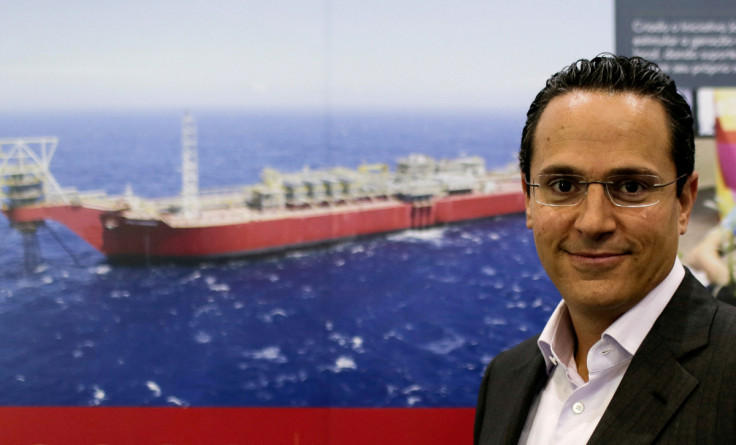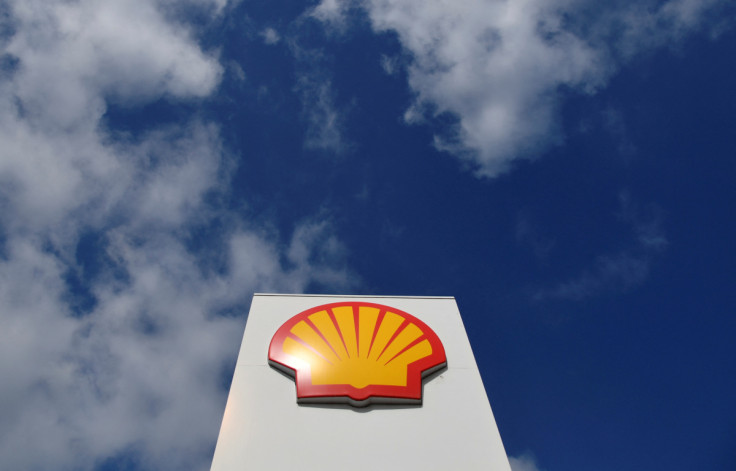Incoming Shell CEO Sawan Set To Fire Up Renewables Drive

Shell's incoming Chief Executive Wael Sawan is set to accelerate the group's drive to build its renewable energy business, including through a possible "transformative" clean power acquisition, company and industry sources said.
Sawan will from January take on a firm with a strong balance sheet after a surge in oil and gas prices, but whose renewables capacity has lagged peers like TotalEnergies and BP as green issues come increasingly into vogue.
Shell aims to halve its greenhouse gas emissions by 2030 and to become a net-zero emitter by 2050, and is already moving to achieve that, shifting hundreds of experienced oil and gas staff into the business and hiring hundreds more this year.
A spokesperson for the group said the strategy that Sawan helped build in his current role will remain, "and delivery of the strategy will be as dynamic under the new CEO as it has been under the current CEO".
But the sources said Lebanese-Canadian Sawan, 48, who is currently head of Shell's natural gas and renewables business, is likely to further accelerate the build-up of the group's renewables portfolio.
When outgoing CEO Ben van Beurden took office in 2014, he quickly cemented Shell's position as the world's top liquefied natural gas (LNG) trader with the $53 billion acquisition of smaller rival BG Group.
The company remains hugely reliant on oil and gas, with its renewables and energy solutions division accounting for just 6% of Shell's earnings in the second quarter of this year.
Sawan and van Beurden have in recent months overseen a review of their renewables strategy, focusing on rapidly growing its wind and solar power generation, four industry and company sources said.
The group in August closed the $1.55 billion acquisition of Indian renewables firm Sprng, which holds a portfolio of over 10 gigwatts (GW) of operating and yet-to-be-constructed projects that tripled Shell's capacity, bringing it ahead of rival BP.
That contrasts with its previous "asset-light" strategy which centred around buying low-carbon electricity from renewable power producers to sell on, the sources said.
"That's a big change for us, to say now we have to go in and build up renewable generation," one company source said. "Going long in renewables generation is needed for our trading capabilities and for supplying our customers' needs."
Given the group's strong balance sheet, Sawan can now consider a large-scale acquisition in the coming years, industry sources said.
"Shell will be in a strong position to do a transformative deal in renewables in 2023 and onwards," one source close to the company said.
ASSETS RICH
Shell and its European rivals all aim to rapidly grow their renewables business in the coming years to slash greenhouse emissions, meaning that competition for high-quality assets will likely be fierce, driving the cost of assets up.
While Shell has stuck to a cautious approach towards owning renewable assets in recent years, rivals have been building large portfolios.
TotalEnergies had net renewable generation capacity of more than 9.5 GW in operation or under construction and BP 6.4 GW of installed capacity or projects under development by mid 2022. Prior to the Sprng acquisition, Shell held 1.1 GW of renewables in operation and 4.6 GW under construction.
So far no major renewables company has met Shell's internal criteria for acquisitions, in large part due to the sector's high valuation, the sources said.
One acquisition option reviewed over the past year was German utility RWE, which has a market capitalization of around 28 billion euros ($27.64 billion), the sources said.
But Shell is unlikely to pull the trigger on such a deal because RWE currently combines a large renewables business with a nuclear and coal power generation division which Shell would not be interested in, they said. RWE declined to comment.
A company source said Sawan will set out his strategy for the company, focusing on the energy transition, at an investor day in the middle of next year.
Shell's highly profitable oil and gas business will continue to drive the company's earnings and receive the lion share of its budget in the coming years, even if Shell's oil output is planned to gradually taper off from its 2019 peak.
Sawan is likely to maintain Shell's strong natural gas and LNG position, which the company believes will remain in high demand for decades. He will also likely face decisions to develop new, large oil and gas resources in Namibia, Tanzania.
But internally, Shell is diverting growing resources towards the renewables and energy solutions business, with a focus on finding and developing new resources.
"There is a lot of internal activity to build up a portfolio of renewables around the world," one source said.
"Wael decided on the current strategy together with the board, but if he will think there is need for change when he comes in, it will happen quickly."
GRAPHIC: Shell's spending plans
($1 = 1.0132 euros)

© Copyright Thomson Reuters {{Year}}. All rights reserved.





















